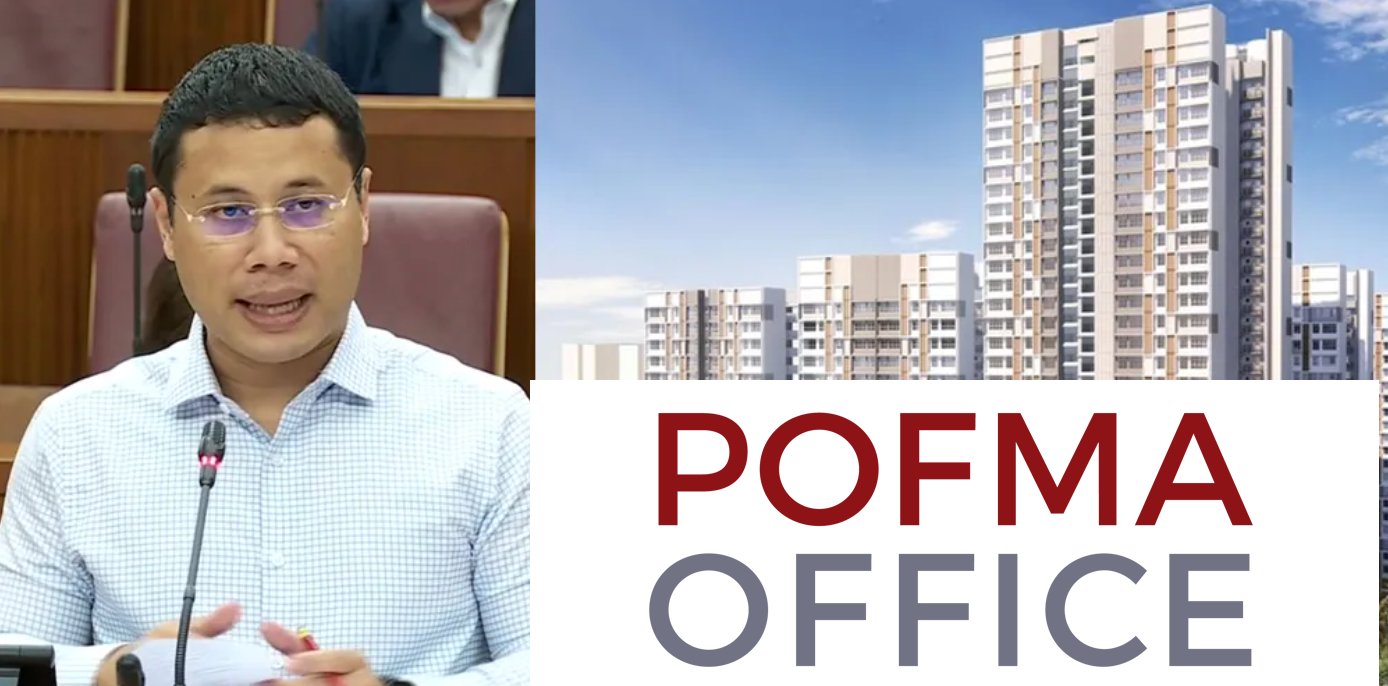It was reported in TOC that Keppel’s senior executive, Tong Chong Heong, was involved in corruption more than once while working at Keppel. Tong is a long time Keppel senior staff member with the company since 1972.
During Tong’s appointment as Executive Director of Keppel FELS, Keppel Shipyard was fined $300,000 in 1997, after pleading guilty to paying $8.53 million in bribes to Mr Cornelius Van der Horst, a manager working at Petroleum Shipping, a subsidiary of oil giant Exxon Corp.
The bribes were given to Van der Horst for helping Keppel to get contracts between 1992 and 1995 to repair 17 of Exxon’s tanks. As the Executive Director of Keppel Shipyard, Tong was involved in making the decision to bribe Van der Horst.
Straits Times reported at the time, “The directors decided to give Van der Horst a cut of 1 per cent of the contract sum of all tenders awarded to Keppel by Petroleum Shipping.”
Investigations by CPIB revealed that since 1992, Keppel Shipyard had been successful in nearly all its tenders to Petroleum Shipping. But no charge from CPIB was ever made against Tong or the other directors involved.
Despite being involved in decisions to bribe employees of Exxon, Tong was further conferred Singapore’s Public Service Medal (PBM) in August 1999. He was also assuming the appointment of the Commander of the Volunteer Special Constabulary (VSC) from 1995-2001.
Tong continues to serve in the various appointments in Keppel and thanks to a revelation in a Brazilian court in 2016, Tong was named as one of the six Keppel executives involved in making the decision to bribe Brazilian officials to get rigs-building contracts from the Brazilian state-owned company, Petrobras.
This time, Tong was investigated by CPIB but after nearly 5 years of investigation, he was merely issued with a stern warning, nevertheless confirming his involvement.
Looking at how CPIB handled the 1997’s incident, had it not been for US DoJ’s investigations and media reports in the Brazilian case, it would probably be unlikely for Tong and his fellow senior executives to be investigated in the first place.
Keppel condones giving bribes to get contracts
Not only that, it appears to condone bribery in the company, since it did not fire Tong when his name first appeared publicly in the bribery scandal in 1997. This in effect allows Tong to continue to be involved in the Brazilian bribery scandal which came to public attention via the Brazilian court case in 2016.
According to a Forbes article, in addition to being illegal, bribery is also bad for business. First of all, bribery introduces uncertainty and delay for companies. No contracts are signed formalizing bribes, so the negotiation never officially ends.
It also takes time to generate the bribe funds, often through false invoices (which itself is also illegal) or non-existent subcontractors, and more time to bury the details in the company’s books. And because bribery is illegal everywhere–whether or not the laws are actively enforced– there is no recourse when the bribe recipient reneges or sells the same deal to a higher bidder. Companies can’t sue for breach of a bribe-tainted contract.
When management tolerates bribery, there would be less enthusiasm for research and development since the company can use bribery schemes easily to get sales. The sales team will spend less time differentiating and promoting products if the product matters less than the payoff.
Talented employees will also abandon companies where their contribution is marginalized by bribery schemes perpetuated by the less talented in the company. The end result would be a company dominated by mediocre people when good people leave.
And instead of a company developing superior products to win in the marketplace, it will go downhill competing with other unscrupulous companies to see who can bribe the most. Is this what Keppel wants?








